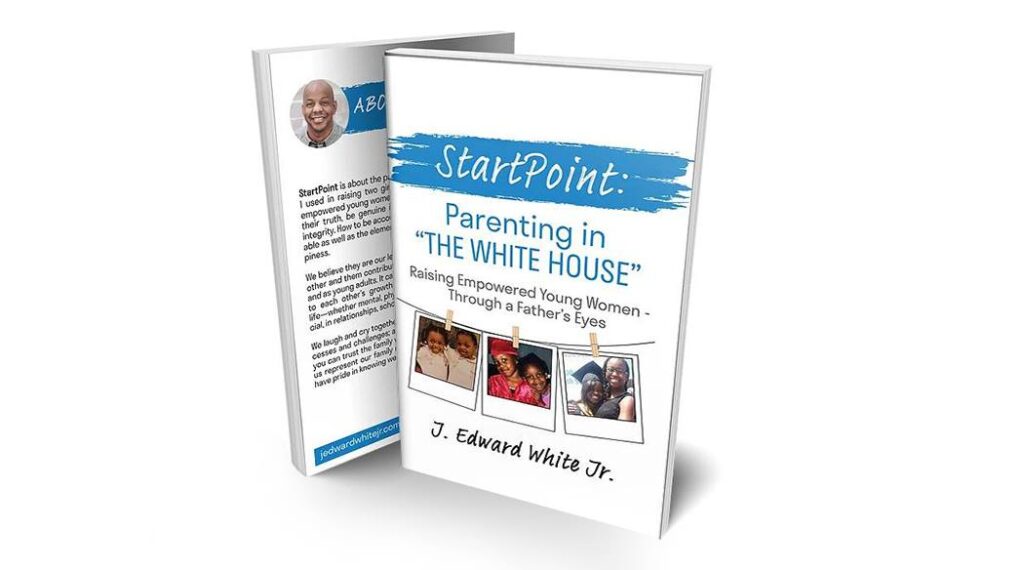Strategies for Raising Your Kids to Be Functional Adults
We each have one life, with a distinct beginning and end. Your contribution to how your child experiences theirs is the most direct influence anyone has on another over a lifetime.
And regardless of the circumstance, when a child’s story begins, they have no control of their situation, no choice in who raises them, and no idea what good or bad parenting is. But consciously and subconsciously, the mental, physical, and emotional foundation is formed that creates a baseline through adulthood.
If this resonates with you as a father, then I would offer that a strategic approach is the best method to positively impact your children through their adulthood. The need for a strategy is predicated on the fact that parenting extends beyond a few years. Depending on how you define adulthood, it is likely a couple of decades. And if something lasts that long, some level of long-term planning should accompany its execution.
A strategy is simply “a plan of action designed to achieve a major or overall aim.” Essentially a master plan or “grand design” to accomplish something significant. Devising the master plan means deciding on what parental approaches to apply to match your given goals. This creates a framework that helps you appreciate what the next two decades (give or take) will entail.
I believe this can, or should, be done before the oldest turns five or six . If you look at it that way, after the oldest is potty trained, take the next two to three years and deliberately talk this out, then adjust as you need to after they start kindergarten.
The premise is that once a baby grows and begins school our parenting role changes. We can get them school supplies clipart to help the transition easier, but we are no longer (exclusively/primarily) cuddling, singing, doing baby-talk, changing nappies, and rocking them to sleep. The excitement of them walking and talking comes with the pending demand to raise them to be adults vice nurture them as babies.
Recognising you are raising children to be adults is obvious in hindsight, but can be a bit hazy for some early on…
To help appreciate what this looks like in practical terms I will share a personal example of one of my philosophies and the respective approach to enable realisation. I wanted to “raise my kids to be functional adults,” so I intentionally sought to have mature, advanced talks about post-high school / college responsibilities and challenges.
My wife and I used failure as opportunities to teach, did not shy away from adult topic areas, and set conditions for non “yes-no” situations to be dealt with positively. We tried to treat them age-appropriate and increase levels of responsibility as they got older. I paid them for making my lunch, initially hourly then salaried, and taught them associated lessons about money management.
We talked about them living on their own, paying bills, owning a car or home, but did not avoid the costs associated and limitations based on income. Much of this started “sooner than later,” primarily before they turned ten, and was reinforced the following eight to 10 years.
Recognising you are raising children to be adults is obvious in hindsight (late teen years) but can be a bit hazy for some early on (ages five to seven). This haze can preclude or delay active effort to raising our children to be adults, despite us as parents knowing our investment over time will contribute to how prepared our children will be when they actually leave our house and are on their own.
Eddie White is a speaker, author, adult educator and a certified parent instructor. His book, StartPoint: Parenting in “the White House” Raising Empowered Young Women Through a Father’s Eyes, chronicles how he and his wife raised their daughters to be empowered young women.


